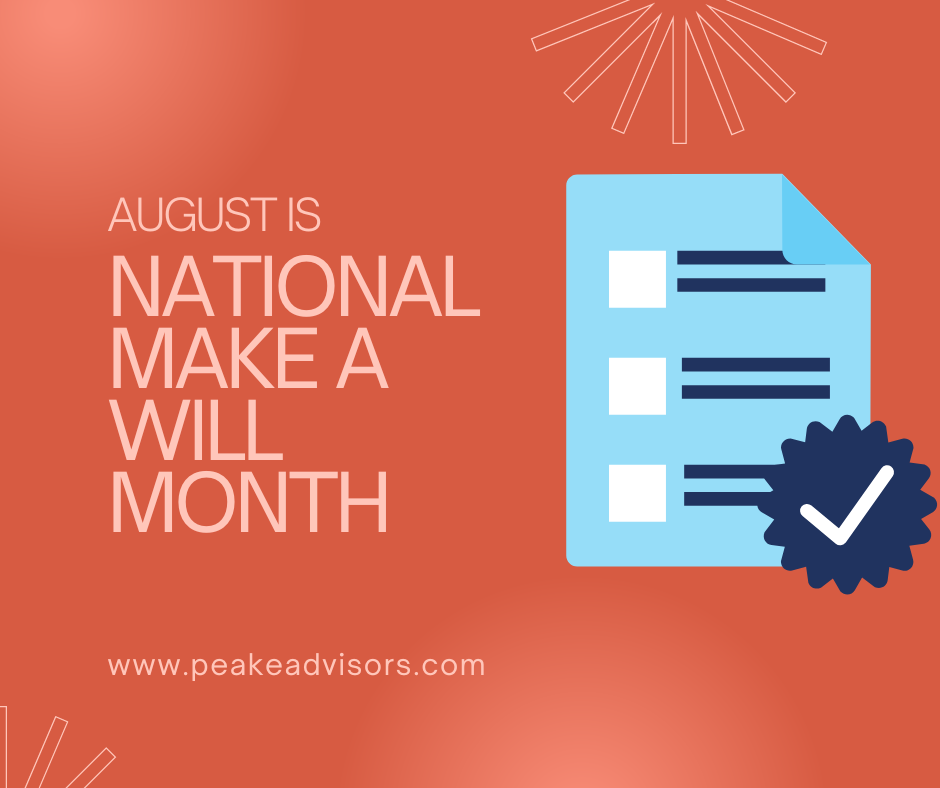"Will I outlive my retirement money?" This is one of the top fears for people…

Buying Supplemental Health Insurance: Medigap
Medicare won’t cover all of your healthcare costs during retirement, so you may want to buy a supplemental medical insurance policy known as Medigap. Offered by private insurance companies, Medigap policies are designed to cover costs not paid by Original Medicare, helping you fill the gaps in your Medicare coverage.
When’s the best time to buy a Medigap policy?
The best time to buy a Medigap policy is during open enrollment, when you can’t be turned down or charged more because you are in poor health. If you are age 65 or older, your open enrollment period starts on the first day of the month in which you’re both 65 or older and enrolled in Medicare Part B. A few states also require that a limited open enrollment period be offered to Medicare beneficiaries under age 65.
If you don’t buy a Medigap policy during open enrollment, you may not be able to buy the policy that you want later. You may find yourself having to settle for whatever type of policy an insurance company is willing to sell you. That is because insurers have greater freedom to deny applications or charge higher premiums for health reasons once open enrollment closes.
What’s covered in a Medigap policy?
Under federal law, only 10 standardized plans can be offered as Medigap plans (except in Massachusetts, Minnesota, and Wisconsin, which have their own standardized plans). The plans currently sold are Plans A-D, Plans F and G, and Plans K-N. Each Medigap plan offers a different set of benefits. All cover certain out-of-pocket costs, including Medicare coinsurance amounts. Some plans also cover other costs, such as all or part of Medicare Part A and Part B deductibles, foreign travel emergency costs, and Medicare Part B excess charges.
Medigap policies do not cover certain healthcare expenses, including long-term care, vision care, dental care, or prescription drugs (to obtain prescription drug coverage you can purchase a Medicare Part D Prescription Drug Plan).
You can buy the Medigap plan that best suits your needs. But it’s important to note that not all Medigap plans are available in every state.
Are all Medigap policies created equal?
Generally, yes. Although Medigap policies are sold through private insurance companies, they’re standardized and regulated by state and federal law. A Plan B purchased through an insurance company in New York will offer the same coverage as a Plan B purchased through an insurance company in Texas. All you have to do is decide which plan that you want to buy.
However, even though the plans that insurance companies offer are identical, the quality of the companies that offer the plans may be different. Look closely at each company’s reputation, financial strength, and customer service standards. And check out what you’ll pay for Medigap coverage. Medigap premiums vary widely, both from company to company and from state to state. You can find a tool on the Medicare website, medicare.gov, that will help you compare Medigap policies offered in your area. You can also visit this website to find other important information on how Medigap policies work with Medicare.
Does everyone need Medigap?
No. In fact, it’s illegal for an insurance company to sell you a Medigap policy that substantially duplicates any existing coverage you have, including Medicare coverage. You don’t need a Medigap policy if you join a Medicare Advantage plan or a private fee-for-service plan, or if you qualify for Medicaid or have group coverage through your spouse.
You may also not need to buy a Medigap policy if you work past age 65 and have employer-sponsored health insurance. If you find yourself in this situation, you may want to enroll in Medicare Part A, since it’s free. Remember that if you enroll in Medicare Part B, your open enrollment period for Medigap starts. If you don’t buy a Medigap policy within six months, you may be denied coverage later or charged a higher premium, so you may want to wait to enroll in Medicare Part B until your employer coverage ends.
In addition, you may not need to buy a Medigap policy if you are covered by an employer-sponsored health plan after you retire (e.g., as part of a retirement severance package). In this case, your employer’s plan may cover costs that Medicare doesn’t. If you have any questions about your coverage, talk to your employer’s benefits coordinator.
If you’re interested in more information about buying a Medigap policy, please email us at [email protected].
Chesapeake Financial Advisors is a fee-only financial planning, investment advisory and tax planning firm with offices in Towson, MD and Columbia, MD.
For disclaimer, please follow our link: https://taylorcpas.net/wp-content/uploads/2019/05/Compliance-Social-Media-Disclaimer.pdf


